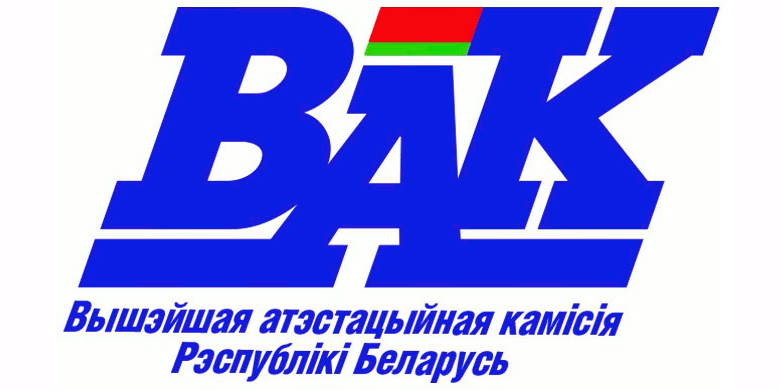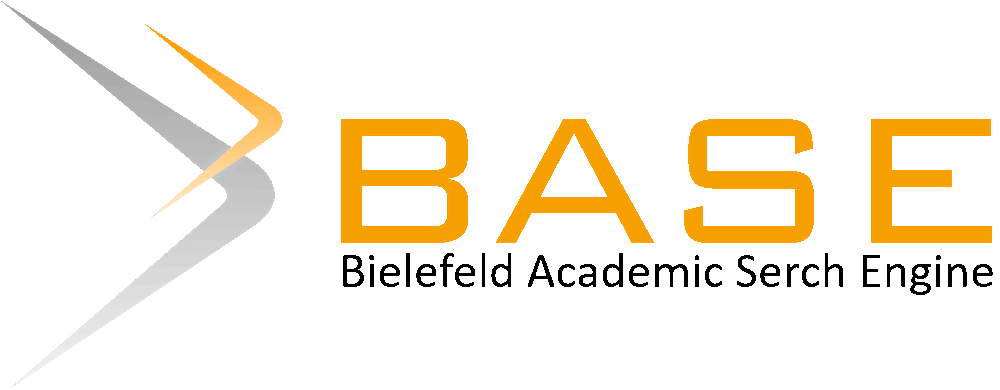Information Management Systems in Emergency Situations: Challenges and Prospects
Keywords:
information management systems, information requirements, tasks of automated information management systems in emergency situations, decision support system, information exchange, safety cultureAbstract
In the information society, the novelty of the author 's interpretation of this issue is revealed inthe process of analysis of existing information systems (information exchange) taking into account the emphasis on basic markers (evaluation criteria) of information to support the most effective decision-making in emergency situations directly related to adaptive management structures and safety culture. Originality of author 's ideas is related to the requirements to modern information necessary for preparation, adoption, successful implementation of the most effective management decisions reflecting the dynamics of multidimensional social reality in emergency response in the context of different-sector information impact on the person in the information society.
References
2. Хроколов, В.А. Антропологический кризис в информационном обществе и безопасность личности / В.А. Хроколов, А.А. Соколова // Вестник Полесского государственного университета. Серия общественных гуманитарных наук. – 2018. – №2. – С. 48-55.
3. Соколова, С.Н. Культура безопасности современного общества и аксиологическая матрица личности / С.Н. Соколова // Вестник Полесского государственного университета. Серия общественных гуманитарных наук.– 2017. – №1. – С. 66-72.
4. Соколов, Б.В. Неокибернетика в современной структуре системных знаний / Б.В. Соколов, Р.М. Юсупов // Робототехника и техническая кибернетика. – 2014. – № 2(3). – С. 3-11.
5. Лопота, А.В. Самоорганизация в кибернетике и робототехнике / А.В. Лопота, Е.А. Юревич // Робототехника и техническая кибернетика. – 2014. – № 2(3). – С. 4-5.
6. Сергеев, С.Ф. Проблемы аутопоэзиса техногенного мира / С.Ф. Сергеев // Робототехника и техническая кибернетика. – 2015. – № 1(6). – С. 21-25.
7. Лопота, А.В. Самоорганизация в кибернетике и робототехнике / А.В. Лопота, Е.А. Юревич // Робототехника и техническая кибернетика. – 2014. – № 2(3). – С. 4-5.
Rreferences
1. Sergei S.F. Problemi autopoazisa tehnogennogo mira [Problems of autopoisis of the man-made world]. Robototehnika I tehnicheskayia cibernetika [Robotics and technical cybernetics]. 2015, no. 1(6), pp. 21-25. (In Rusian)
2. Khrokolov V.A., Sokolova A.A. Antropologicheskij krizis v informachionnom obshestve i bezopasnost` lichnosti [Anthropological Crisis in Information Society and Personal Security]. Vestnik Polesskogo gosudarstvennogo universiteta. Seriya obshestvennih gumanitarnih nauk [Journal of Polesky State University. Social Humanities Series]. 2018, no 2, pp. 48-55.(In Rusian)
3. Sokolova S.N. Kul`tura bezopasnosti sovremennogo obchestva i aksiologicheskaya matricha lichnosti [Culture of Security of Modern Society and Axiological Matrix of Personality] Vestnik Polesskogo gosudarstvennogo universiteta. Seriya obshestvennih gumanitarnih nauk [Journal of Polessky State University. Social Humanities Series]. 2017, no1, pp. 66-72. (In Russian)
4. Sokolov B.V. Neocibernetika v sovremennoi structure sistemnyih znanij [Neocybernetics in the modern structure of system knowledge] Robototehnika I tehnicheskayia cibernetika [Robotics and technical cybernetics]. 2014, no. 2(3), pp. 3-11. (In Russian)
5. . Lopota A.V., Jurevich E.A. Samoorganizachiya v cibernetike I robototehnike [Self-organization in cybernetics and robotics]. Robototehnika I tehnicheskayia cibernetika [Robotics and technical cybernetics]. 2014, no. 2(3), pp. 4-5. (In Russian)
6. Sergei S.F. Problema autopoasisa tehnogennogo mira [Problems of autopoisis of the man-made world]. Robototehnika i tehnicheskayia cibernetika [Robotics and technical cybernetics], 2015, no. 1(6) pp. 21-25. (In Russian)
7. Lopota A.V., Jurevich E.A. Samoorganizachiya v cibernetike I robototehnike [Self-organization in cybernetics and robotics]. Robototehnika i tehnicheskayia cibernetika [Robotics and technical cybernetics]. 2014, no. 2(3). – pp. 4-5. (In Russian)













